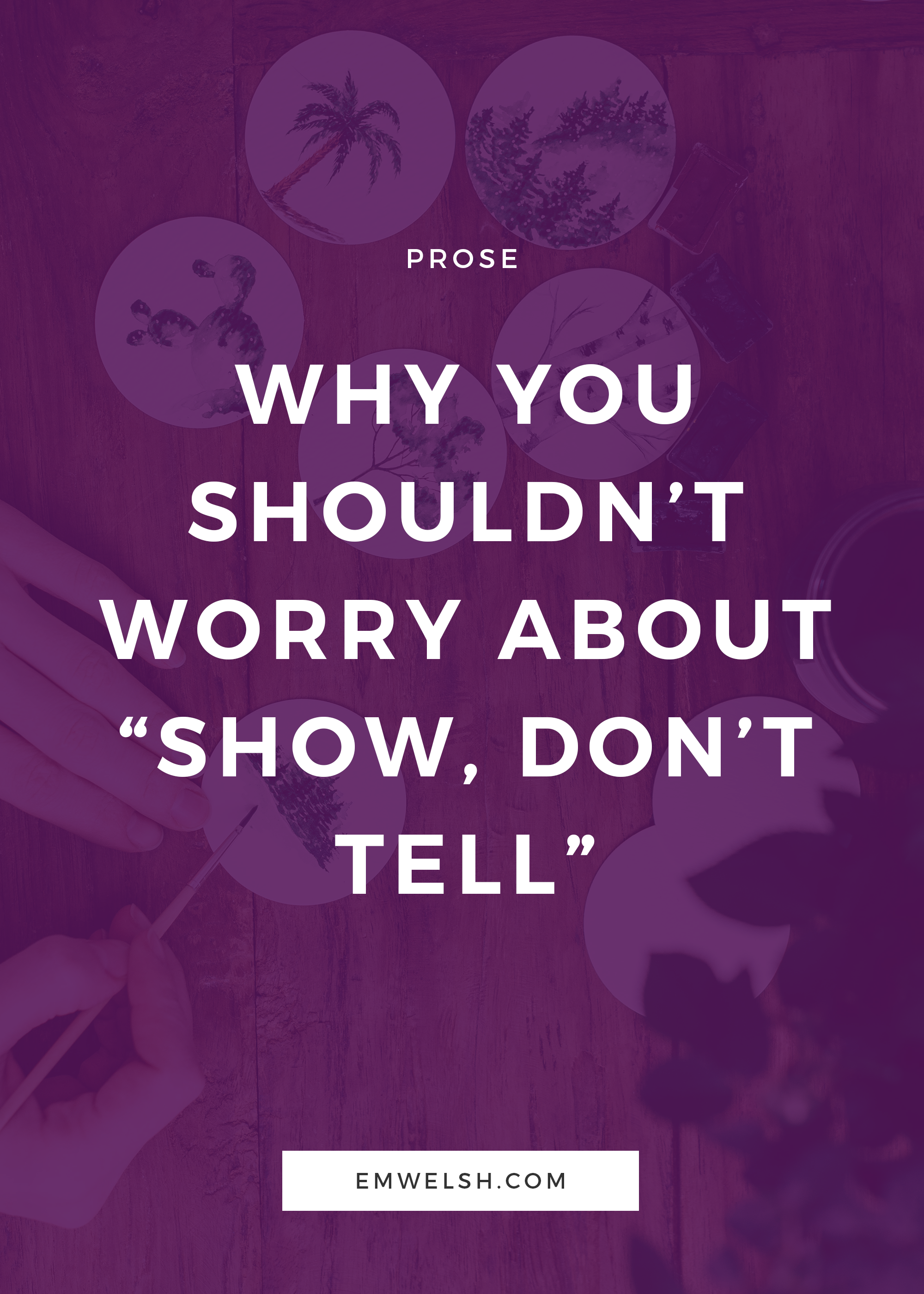How to Write a TV Pilot
/Television is having a big moment right now, perhaps even more so than movies. With fantastic series on Netflix, HBO, AMC and so forth, it seems like television writing is the place to be. And why not? Unlike with films, writers rule television. Plus, television writing offers a regular paying job, perhaps one of the few in the storytelling world, where most of us work "freelance" (if we work as a writer at all).
Read More












